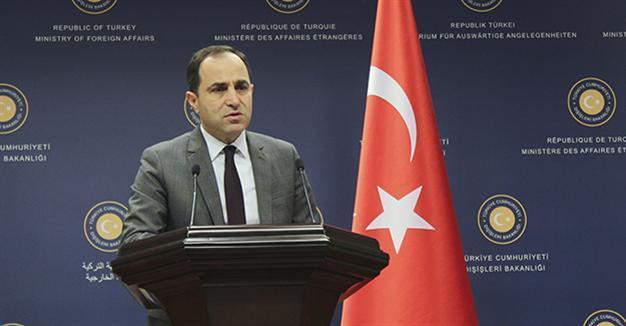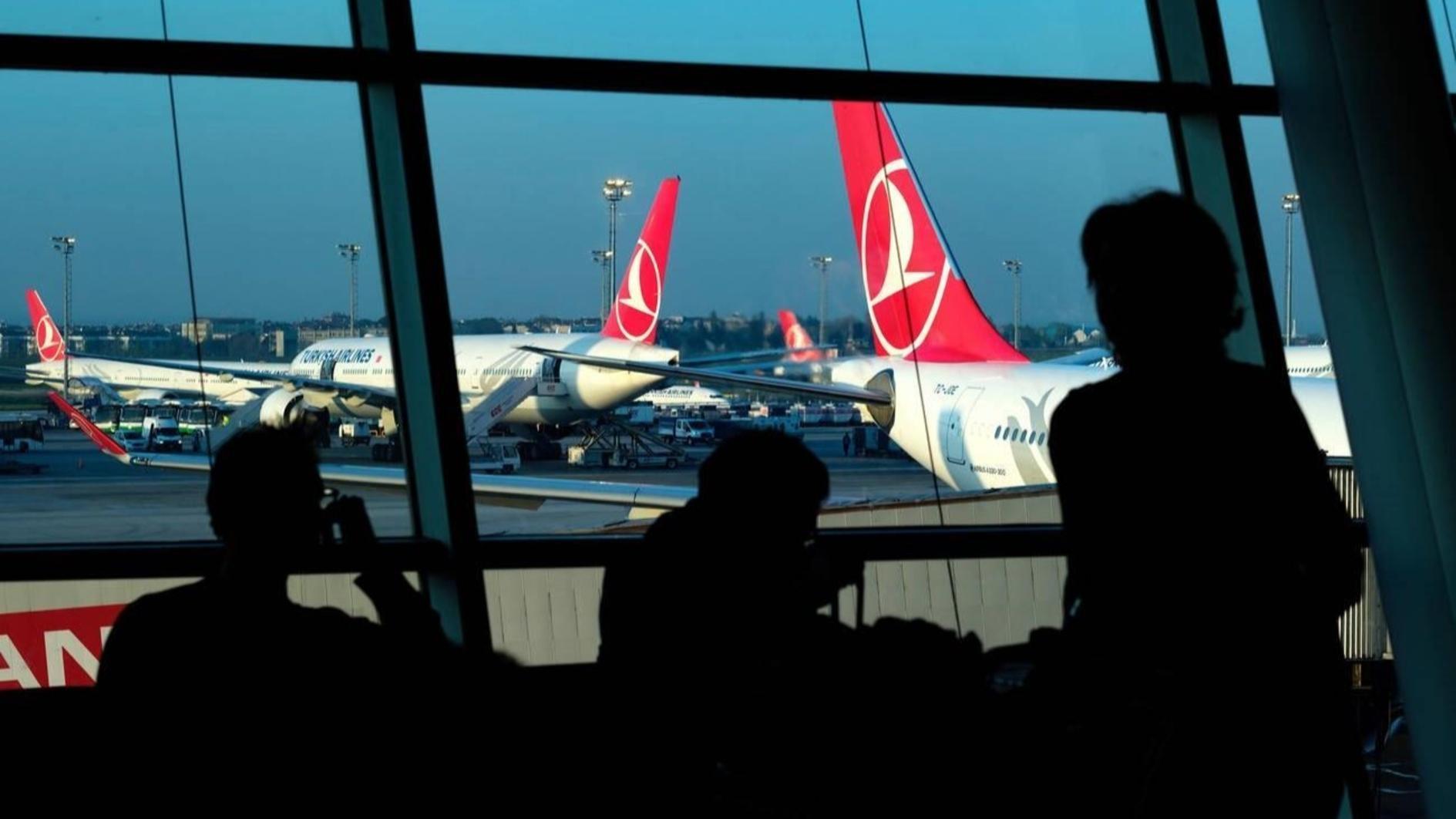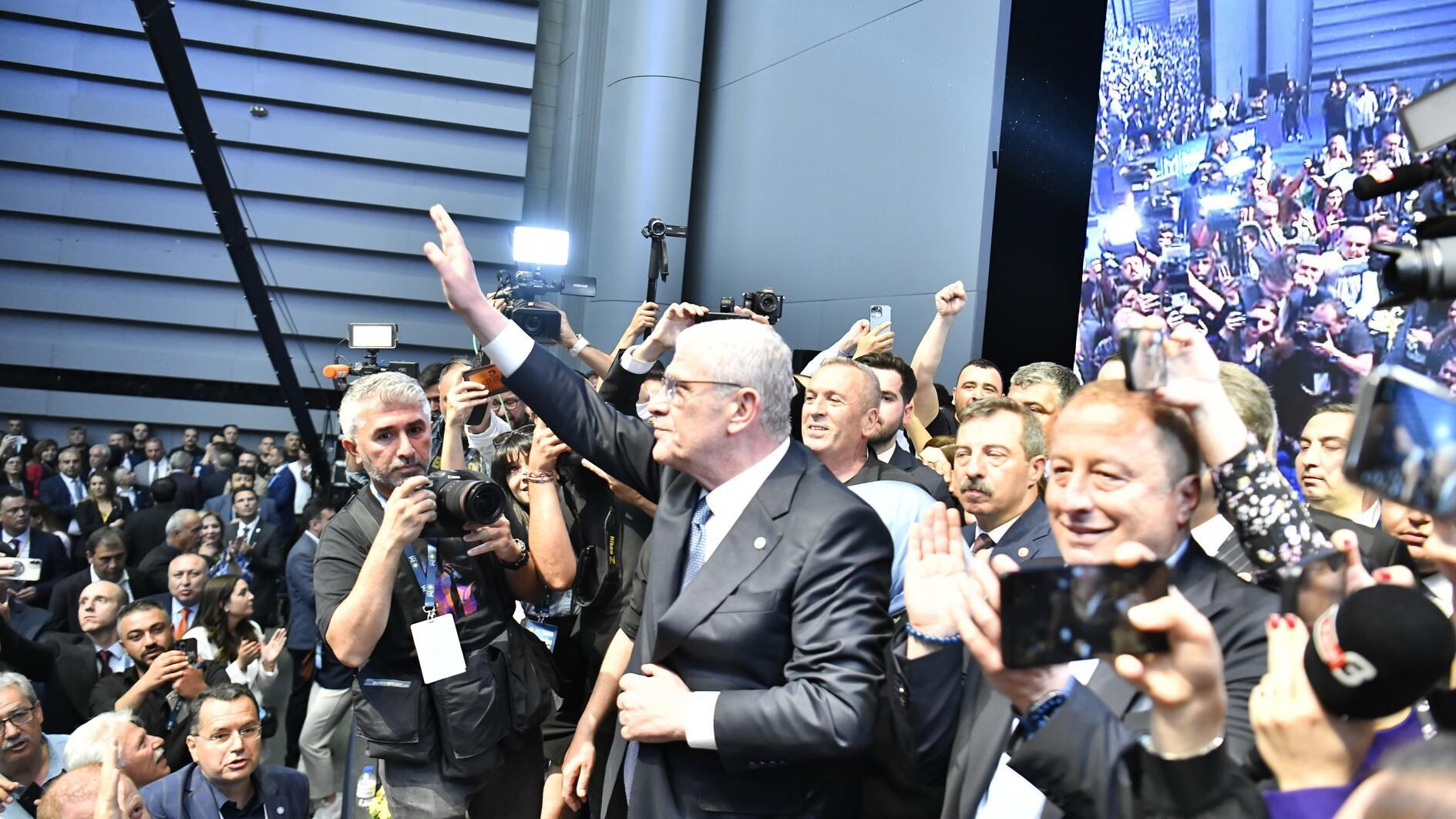Turkey changes Syria visa policy to curb illegal entries

AA Photo
Syrians arriving in Turkey by air and sea from third countries will need visas as of Jan. 8, 2016, reversing a six-year agreement with Ankara which allowed visa-free entry to citizens of both countries, Foreign Ministry spokesperson Tanju Bilgiç said on Dec. 30.The arrangement was required due to entrances from third countries to Turkey by air and sea, Bilgiç said, adding the regulation aimed to tackle illegal migration.
Turkey would however continue its “open door policy” as a humanitarian consideration for Syrians entering Turkey’s land borders and would not ask Syrians arriving this way to hold visas, the spokesperson told reporters at a press conference.
Turkish officials, speaking on condition of anonymity, underlined the number of Syrians entering Turkey from third countries has been on the rise recently, with an increasing number of Syrians trying to enter with fake passports, particularly from Egypt and Libya.
Arab tribes west of Euphrates
Elaborating on the recent move by the Syrian Democratic Forces (SDF), which includes the Democratic Union Party (PYD) in northern Syria, seizing Tishreen Dam and moving west of the Euphrates, Bilgiç said the troops were “mostly Arab tribes” which had crossed to the western shore of the river.
“At this stage there is no significant move to the west. Groups acting in the west are mostly Arab tribes,” he said, stressing that Turkey’s position was clear on the issue and this position had been conveyed to its allies.
Ankara objected to a “fait accompli” west of the Euphrates by the People’s Protection Units (YPG) and said the group’s move to the west of the Euphrates was unacceptable.
Russian sanctions to include Turkish citizens’ companies
According to a new arrangement adopted by Russia on Dec. 28 on sanctions against Turkey over the downing of a Russian warplane on Nov. 24, Moscow will also impose sanctions on companies owned by Turkish citizens, Bilgiç said.
Earlier sanctions were merely covering companies owned by Turkey, but now it has extended, the spokesperson said.
Bilgiç said they were sorry for Russia’s sanctions against Turkish businesspersons, students and Russian institutions operating in Turkey, “But we do not reciprocate,” he added.
















